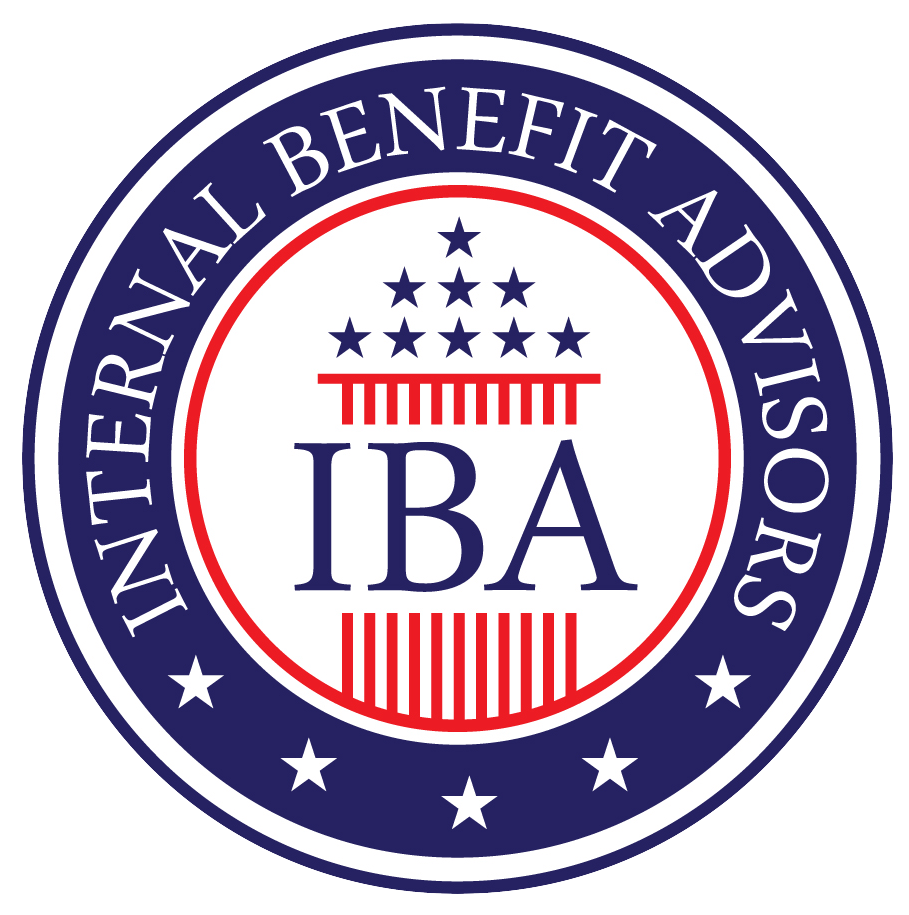Retirement is a significant milestone, especially for federal employees who have dedicated years of service to the nation. Entering this new phase requires a thorough understanding of the federal retirement process to ensure a smooth transition and a secure financial future.
The Importance of Early Planning
Early preparation is paramount in shaping a comfortable retirement. Federal employees should start by gaining a comprehensive understanding of their retirement benefits and how these integrate with their overall financial plan. Key steps include:
Reviewing Your Pension: Assess how your Federal Employee Retirement System (FERS) or Civil Service Retirement System (CSRS) benefits will support your post-retirement lifestyle. Understanding your pension plan allows you to forecast your financial needs and identify any gaps in your retirement income.
Healthcare Considerations: Evaluating your options for health insurance post-retirement is crucial. Federal employees have unique choices through programs like the Federal Employees Health Benefits (FEHB) and should ensure they understand premium costs, coverage options, and any changes that might occur upon retirement.
Savings and Investments: Evaluate your Thrift Savings Plan (TSP) and other retirement accounts. Align your investment strategies with your post-retirement goals. Consider how inflation and cost of living adjustments will affect your retirement savings.
Leveraging Professional Guidance
Navigating federal retirement benefits can be complex, and engaging with professional advisors can offer significant advantages. Experts, such as those at Internal Benefit Advisors, provide tailored retirement planning that can:
Simplify complex benefit structures: Federal benefits can be multifaceted, and understanding the full scope is essential.
Offer investment advice: Tailored strategies can help align your financial assets with your retirement goals, balancing risk and return based on your anticipated needs.
Provide tax planning strategies: Maximizing your income through thoughtful tax planning can significantly influence your retirement quality. Advisors can guide you on tax-efficient withdrawal strategies from your retirement accounts.
Internal Benefit Advisors bring in-depth knowledge and experience to help you navigate and optimize your federal benefits, ensuring a secure and prosperous retirement.
Additional Tips for a Successful Retirement Transition
Beyond financial planning, federal employees should also prepare for the lifestyle changes that accompany retirement. Consider how your daily routine will change and plan activities that bring fulfillment and satisfaction. Exploring hobbies, travel opportunities, or part-time work can make this life stage enriching.
Maintaining a work-life balance in the years leading up to retirement can enhance both your final working years and your transition into retirement. Engage in community activities, volunteer work, or continuing education to foster a sense of purpose.
References:
Steele, Aaron. “Navigating the Final 1-3 Years of the Fed Life Cycle Before Retirement.” PS Retirement. [Link]




